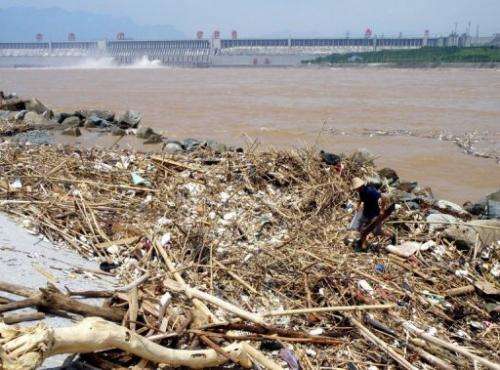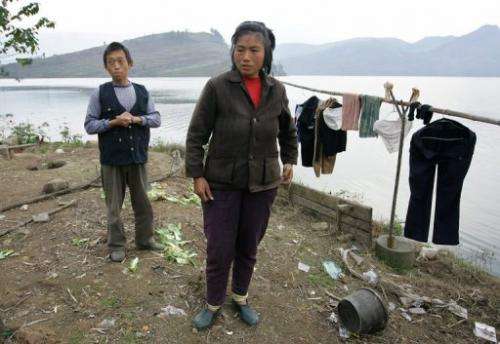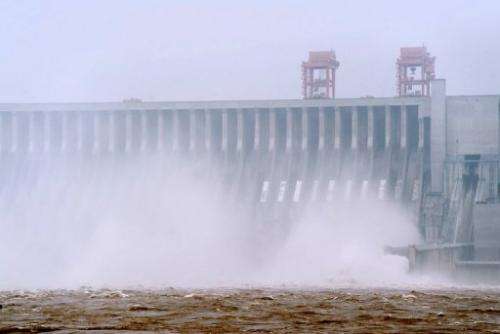China admits Three Gorges Dam caused 'host of ills'

China's Three Gorges Dam has caused a host of ills that must be "urgently" addressed, the government has said, in a rare admission of problems in a project it has long praised as a world wonder.
The State Council, or cabinet, acknowledged the environmental, social and geological problems in a statement issued late Wednesday after a meeting on the hydroelectric project's future presided over by Premier Wen Jiabao.
"While the Three Gorges project has brought great and comprehensive benefits, there are problems that must be urgently resolved in the smooth relocation of residents, ecological protection and preventing geological disasters," it said.
The dam also had "impacted" downstream shipping, irrigation and water supplies, the statement said.
Construction began in 1993 on the $22.5 billion dam on the Yangtze River -- the world's largest hydroelectric dam -- and the project in central China began generating power in 2008.
Authorities have hailed it as a major new clean energy source and a way to tame the notoriously flood-prone Yangtze, China's longest river.
But critics have long warned of its environmental, social and other costs.

About 1.4 million people were displaced to make way for the dam and its huge reservoir, which has put several cultural heritage sites deep underwater.
Chinese experts and officials have warned of the potential for seismic disturbances -- including landslides and mudflows -- caused by the massive weight of the reservoir's water on the region's geology.
Environmentalists have cautioned the reservoir would serve as a giant catchment for China's notorious pollution, ruining water quality.
The government said last August that billions of dollars would be needed to address environmental damage along the river, including sewage treatment.
The statement from the State Council said the government would step up efforts to ensure prosperous new lives for the displaced and address water pollution and geological risks, but gave no specifics of any new policies.

Torrential rains and resulting flooding in the summer of 2010 washed huge quantities of trash and other debris into the river, sparking a major clean-up effort.
State media reports said the garbage was so thick in places that it could be walked on and threatened to clog the dam.
China is relying on hydroelectric power as a major component in its energy mix as it seeks to meet soaring power needs. It has dozens of dams either under construction or on the drawing board, according to state media reports.
(c) 2011 AFP


















